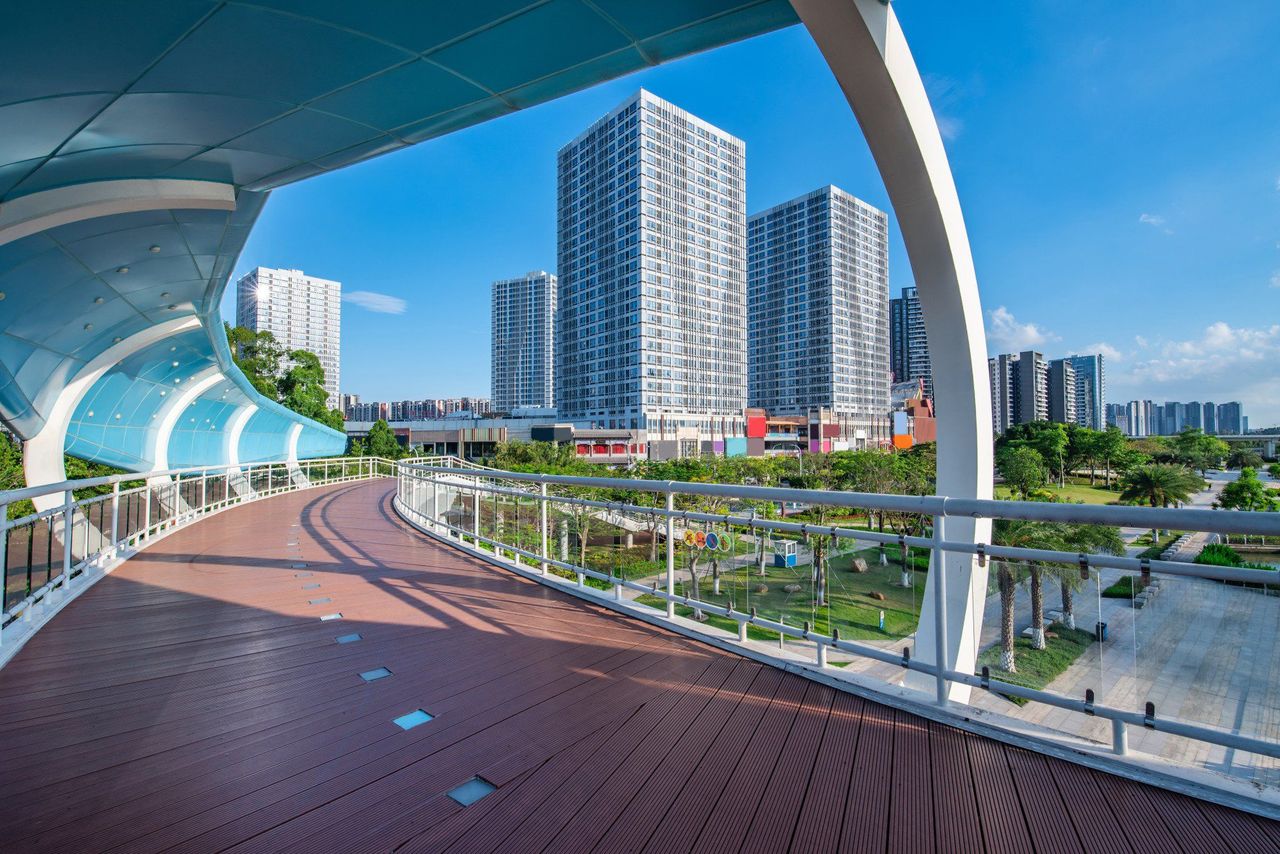Hong Kong News

Tap Nansha opportunities and build Hong Kong ‘outpost’, former leader says
Former Hong Kong leader Leung Chun-ying has urged businesses to tap into the opportunities arising from the development of the Nansha district in Guangzhou as he stressed the importance of creating an “outpost” to bolster economic growth at home.
Leung on Sunday said local companies should collectively lobby mainland China authorities for preferential policies to help them enter the market. As an example, he noted that companies behind Hong Kong imported products, such as cosmetics, could push for an exemption from mainland product safety tests as they had already undergone local checks.
“Hong Kong needs to develop an outpost economy. That is, we need a base to promote our economic development outside the about 1,100 sq km of Hong Kong Island, Kowloon and the New Territories,” Leung told a radio programme on Sunday.
“We need to try to get together. Spreading around, with one Hong Kong firm setting up here and another setting up there, is not the solution.”
Citing the Nansha free-trade zone as an example of a Hong Kong-style community taking shape, Leung said many local firms and groups had taken advantage of the preferential policies offered by Guangzhou authorities.
 The Nansha free-trade zone in Guangzhou.
The Nansha free-trade zone in Guangzhou.
The Nansha campus of the Hong Kong University of Science and Technology is set to accept students this year, and a Minxin Hong Kong School, founded by Leung himself, caters to the needs of the children of Hongkongers who live in the Greater Bay Area.
In addition to being a vice-chairman of the Chinese People’s Political Consultative Conference, the nation’s top political advisory body, Leung is a consultant for the Consultative Committee on Guangdong-Hong Kong Co-operation, located in Nansha. It advises mainland officials on policies to push for closer cooperation between the two places and easier entry for Hong Kong businesses into the Greater Bay Area.
The committee opened a service centre in Nansha last October in an effort to help Hong Kong residents who wanted to work, study or live in the Greater Bay Area, as well as businesses or non-government groups interested in operating across the border.
Leung said 19 local businesses and professional groups were stationing representatives at the centre.
“We need to cooperate and join forces. Fighting alone is not a way out. If only one company tries to discuss preferential policies with the mainland, they may not get it,” he said. “If a whole trade goes to lobby for the policies, it will be better. If several trades get together … our bargaining power will be even greater.”
Under the country’s 14th five-year plan, Nansha is positioned as a place that would strengthen cooperation among Guangdong, Hong Kong and Macau. The 60 sq km new development zone in the district mainly focuses on shipping logistics, finance, international trade and high-end manufacturing industries.
Nansha is about 35 minutes away from Hong Kong by high-speed rail and about one hour away by ferry.











